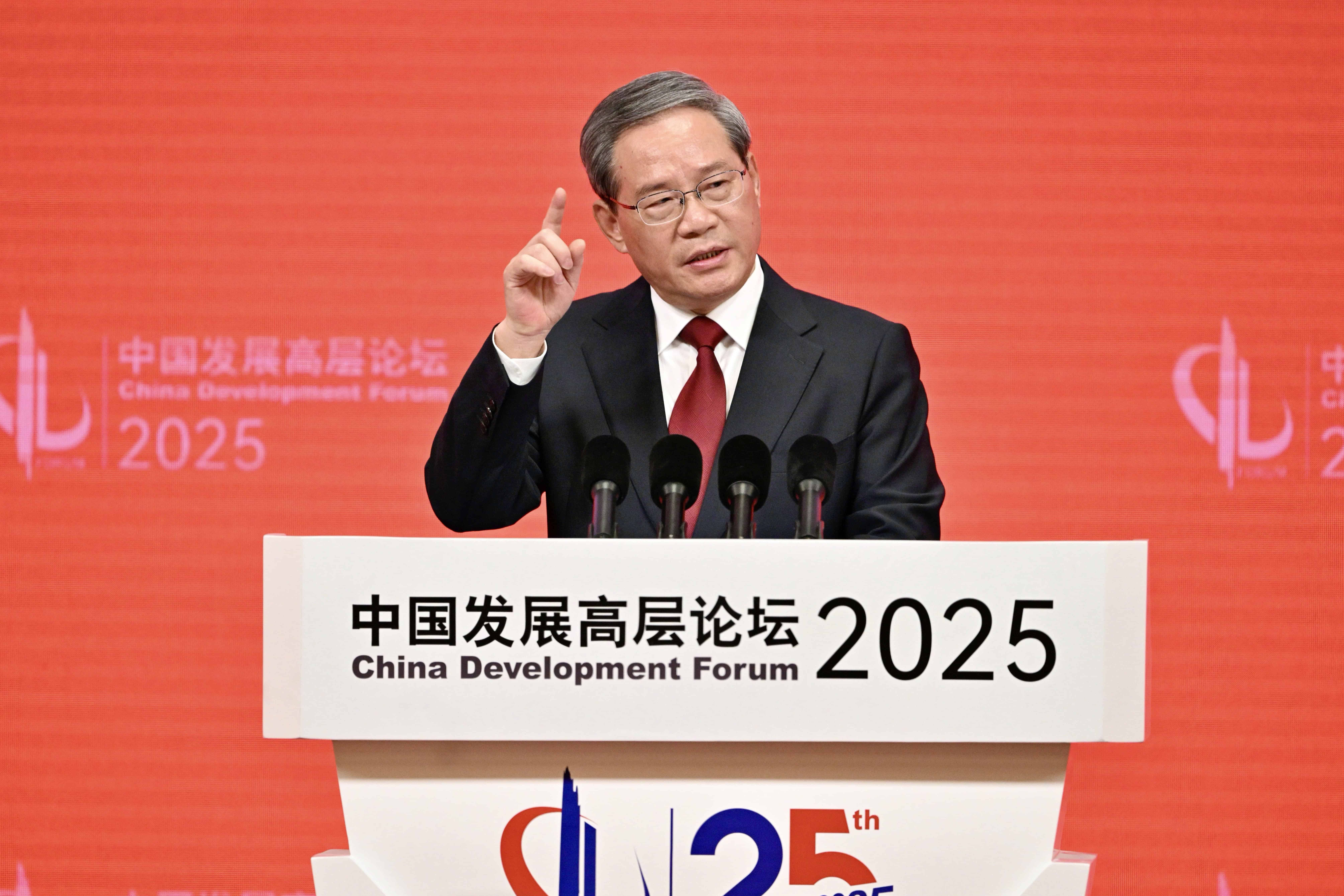Alex Joske is an analyst at the Australian Strategic Policy Institute, a government funded think tank based in Canberra, where his work focuses on the Chinese Communist Party’s global influence and technology transfer efforts. Joske earned widespread attention in late 2018 for “Picking Flowers, Making Honey,” his first report for the ASPI, which detailed an extensive CCP campaign to place thousands of military scientists in foreign universities to covertly secure cutting-edge research and



